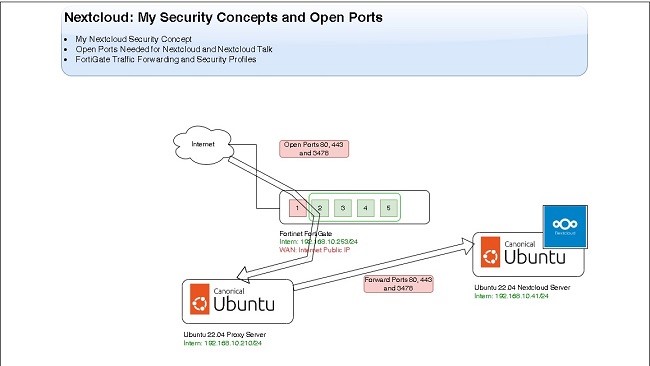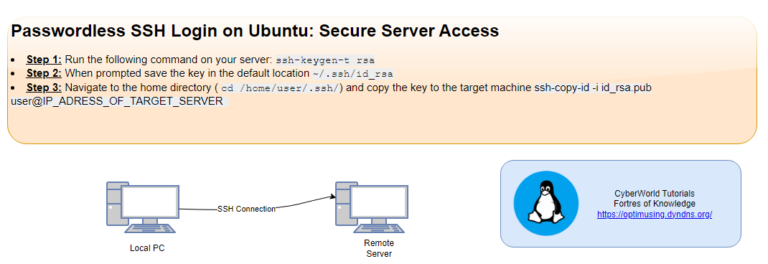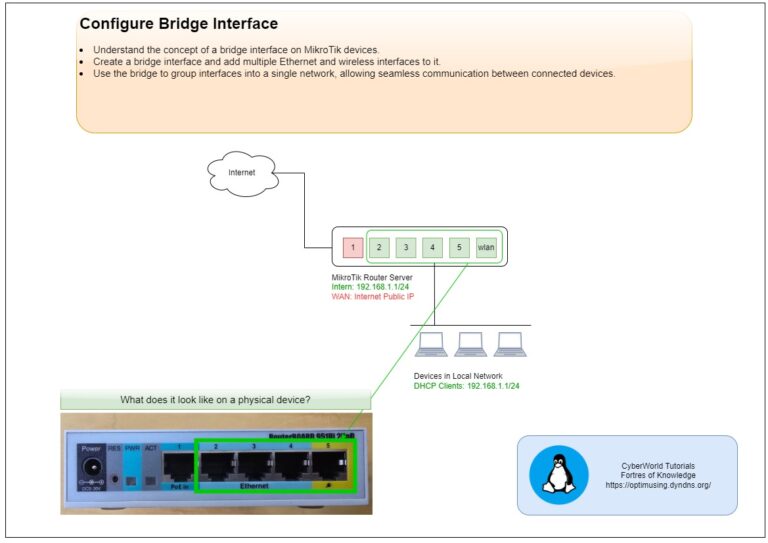
Learn Bash with Our Tutorials!
What is Bash?
Bash (Bourne Again SHell) is a Unix shell and command language written by Brian Fox for the GNU Project as a free software replacement for the Bourne shell. It is widely available on various operating systems, including Linux and macOS, and is the default shell for most Linux distributions.
Why Learn Bash Scripting?
Bash scripting is a powerful tool for automating tasks, managing system configurations, and performing batch processing. By learning Bash scripting, you can:
- Automate repetitive tasks
- Manage files and directories efficiently
- Perform complex operations with simple commands
- Enhance your productivity as a system administrator or developer
Before the Start
Before diving into the tutorials, it’s essential to set up a suitable environment where you can practice and experiment with Bash scripts. Here are a few steps to help you get started:
Build Your Test Environment
You can follow this tutorial to install Ubuntu in Virtual Machine.
Familiarize Yourself with the Command Line
Before diving into scripting, it’s essential to understand some basic Bash commands:
echo: Prints text to the terminal.ls: Lists files and directories.cd: Changes the current directory.pwd: Prints the current working directory.mkdir: Creates a new directory.rm: Removes files or directories.
You can check this part of the page to learn more about basic Linux commands.
Writing Your First Bash Script
A Bash script is a plain text file containing a series of commands. To create a Bash script:
- Open a text editor and write your commands (in terminal you can use nano or vim)
- Save the file with a
.shextension. - Run the script.
- Make the script executable using the
chmodcommand.
Example:
- Create a script with nano
nano hello.sh- Copy the following content in the file:
#!/bin/bash
# This is a comment
echo "Hello, World!"Save and exit the nano editor (CTRL + Z and press Y).
Running a Bash Script
To run a Bash script, do the following steps:
- Make the script executable:
chmod +x hello.sh- Run the script:
./hello.sh



